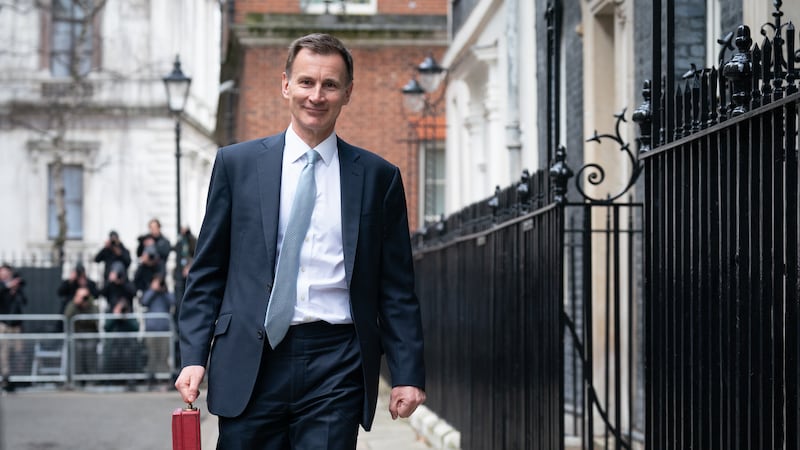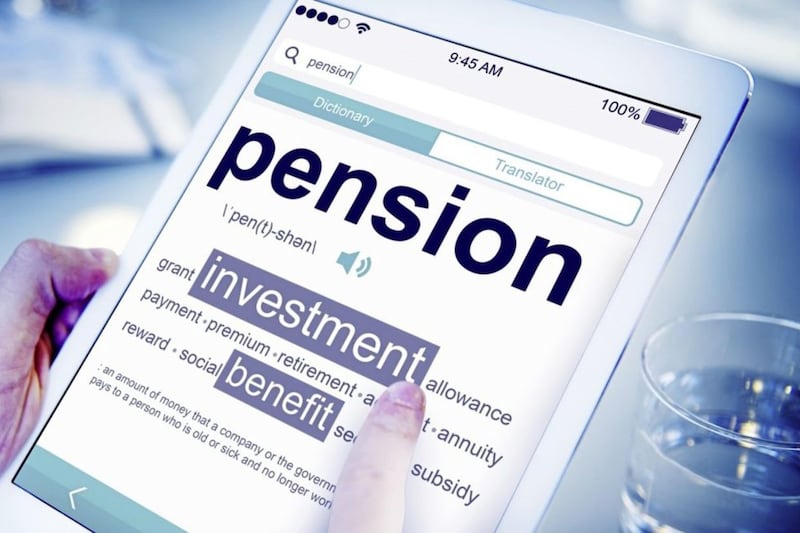QUESTION: As we head towards a new tax year for companies and individuals, what changes are coming in for 2024/25?
ANSWER: Chancellor Jeremy Hunt’s recent Budget has been a theatrical event aimed at setting the stage for potential future elections through significant tax and spending plans. The focus is primarily on the impact these plans will have on the finances of individuals across the UK.
One of the headline changes is the cut in national insurance (NI) rates, affecting 27 million employees. This cut marks the first reduction in class 1 NI for employees since at least 1975, with another reduction set to follow shortly.
For employees earning between £12,571 to £50,270 annually, the rate will decrease from 10% to 8%, resulting in substantial annual savings. Similarly, the self-employed will see a decrease in class 4 contributions.
Despite these cuts, the freezing of income tax thresholds since 2021, with plans to maintain them until at least 2028, means more people will find themselves in higher tax brackets due to salary increases. This policy is effectively a significant tax rise, with millions expected to pay more income tax or move into higher tax brackets.
Child benefits are set to become more accessible, with the earnings threshold for partial withdrawal raised from £50,000 to £60,000, benefitting numerous families. The benefit will be taken away entirely from £80,000 a year rather than the previous limit of £60,000.
Fuel duty will remain frozen, extending a cut that saves average drivers money annually. Meanwhile, taxes on smoking and vaping will increase, including a new duty on vaping products set to be introduced.
Changes in property taxes aim to clamp down on tax breaks for holiday let owners will continue with allowances for furniture etc to be scrapped. However the higher rate of tax paid on gains from selling property is to be cut from 28% to 24%. From June 1 Multiple Dwellings Relief, a bulk purchase relief for residential property, will be abolished.
A significant change is the abolition of the non-dom tax status from April 2025, impacting those who live in the UK but have their principal home for tax purposes elsewhere. Non-domiciled people only pay UK tax on money earned in the UK, however this status will be scrapped from April 2025 and replaced with a new system that will potentially raise UK taxes for such people.
The basic rate of income tax will remain unchanged at 20% in April 2024, despite previous plans to lower it to 19%. The Chancellor also announced several threshold freezes that will affect taxpayers over the coming years.
The following freezes are in place until 2028:
- The personal allowance threshold at £12,570
- The higher-rate threshold at £50,270.
- The additional rate threshold at £125,140.
With thresholds frozen until 2028, taxpayers across all bands will see a greater proportion of their earnings going towards their income tax bill as wages rise with inflation. Furthermore, people on lower incomes may need to tighten their purse strings as inflation continues to soar while the personal allowance threshold remains fixed at £12,570.
Business owners will be impacted by the following announcements as well:
- VAT threshold to be increased from £85,000 to £90,000 from April 1 2024.
- Following the introduction of full expensing for businesses in last years Autumn Statement, the chancellor confirmed that the regime would be extended to leased assets.
- From April 2025 there is to be permanent higher rates of tax reliefs in the creative and cultural sectors.
Overall, Chancellor Hunt’s Budget encompasses a mix of tax cuts, strategic freezes, and increases aimed at various sectors, with significant implications for individuals’ finances, the operation of local councils, and the broader UK economy.

- Feargal McCormack (f.mccormack@fpmaab.com) is partner at FPM Accountants Ltd (www.fpmaab.com). The advice in this column is specific to the facts surrounding the question posed. Neither the Irish News nor the contributors accept any liability for any direct or indirect loss arising from any reliance placed on replies








